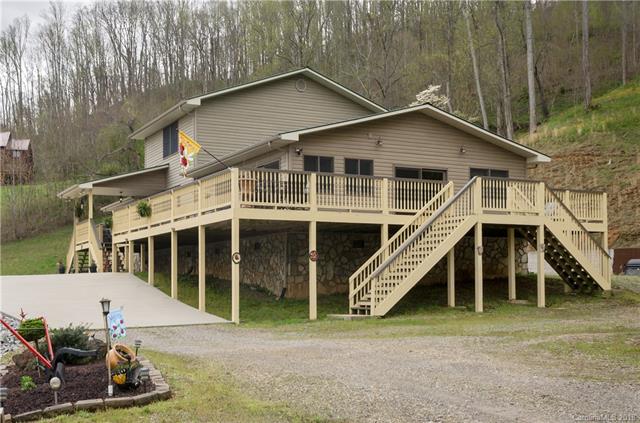Are you tired of renting and feel you are ready to invest in a property that you will own? Renting can feel like you are throwing away your money. But buying may not seem like a viable option if you have a lower credit score. That is why we wanted to address a common question we receive here at Lisa Cogdill Realty, “Can you buy a home with bad credit?”
The Challenge of Buying a Home with Bad Credit
In the mortgage lending industry, a bad credit score is one that is lower than 650, and anyone with a credit score above 750 is considered to be great.
Mortgage lenders look at several factors when determining if they feel a client is a reasonable risk or not. Unfortunately, lenders immediately make their perceptions based on the number of your credit score but don’t lose hope yet because there may be other options available to you.
Options for Home Buying with Poor Credit
While there may be options available to those with less than perfect credit, we will tell you it may not be easy but below are options worth checking into.
FHA Loans
The Federal Housing Administration (FHA) is a government-backed program through the U.S. Department of Housing and Urban Development (HUD). These loans are created for those of lower credit scores or first-time buyers in mind.
FHA loans are the most lenient when it comes to qualification requirements. If you have a credit score of at least 580 or higher, you can obtain a loan with as little as 3.5% down.
The FHA also allows for shorter wait times after negative events such as foreclosure, bankruptcy, or divorce.
VA Loans
The U.S. Veterans Administration (VA) offers loans to those who have served in the military and are also backed by the government.
They do require a credit score of 620 or higher, but one of the advantages they have is that no down payment is required. VA Loans also offer very competitive interest rates as opposed to traditional loans. In addition to the benefits above, these loans do not require Private Mortgage Insurance (PMI).
USDA Loans
In more rural areas, the United States Department of Agriculture (USDA) offers home loans to those whose income falls into the category of low to average for their given region.
Like the VA Loans, they do require a credit score of 620 or higher. They also share some of the benefits of VA Loans such as no down payment required, being backed by the government, do not require PMI, and offer competitive interest rates.
They also allow for a debt-to-income ratio of 50% or lower.
Additional Options
These types of loans are not the only options available to you if you have a lower credit score. One of the best ways to improve your chances of securing a mortgage loan is to save for a larger down payment.
By taking the time to save up for a larger down payment, you are not only indicating your level of dedication to purchasing a home, but you are also reducing the amount you need to borrow. If you can put down 20% or more of a down payment on a loan, you will be saving yourself a ton of money in interest alone.
With a higher down payment, you may also be able to negate the need for PMI insurance. PMI insurance can cost you upwards of $1,000 a year or more that you could use to pay off other debts instead.
Know Your Credit Score
However, before you do anything or consider buying a new home, you first need to understand your credit score. Carefully review your credit score and look for errors or negative terms that could be affecting you.
Next, take actionable steps to increase your overall score to improve your chances of getting a loan. Don’t despair if your score is low because knowledge leads to action if you choose for it too. The worst-case scenario is that you rent a little while longer while improving your credit.
Nevertheless, if you have questions or need help, don’t hesitate to consult with your local realtor for advice on the home buying process. Here at Lisa Cogdill Realty, we are here to help you achieve your home buying dreams! Contact Lisa today for any questions you may have!







 A home inspection is an all-around inspection or examination of the state of a home. A home inspection is a cheap way discovering the general condition of a home. Conducting a home inspection is essential in order to prevent a costly mistake of going on to purchase a property requiring major repairs.
A home inspection is an all-around inspection or examination of the state of a home. A home inspection is a cheap way discovering the general condition of a home. Conducting a home inspection is essential in order to prevent a costly mistake of going on to purchase a property requiring major repairs.

